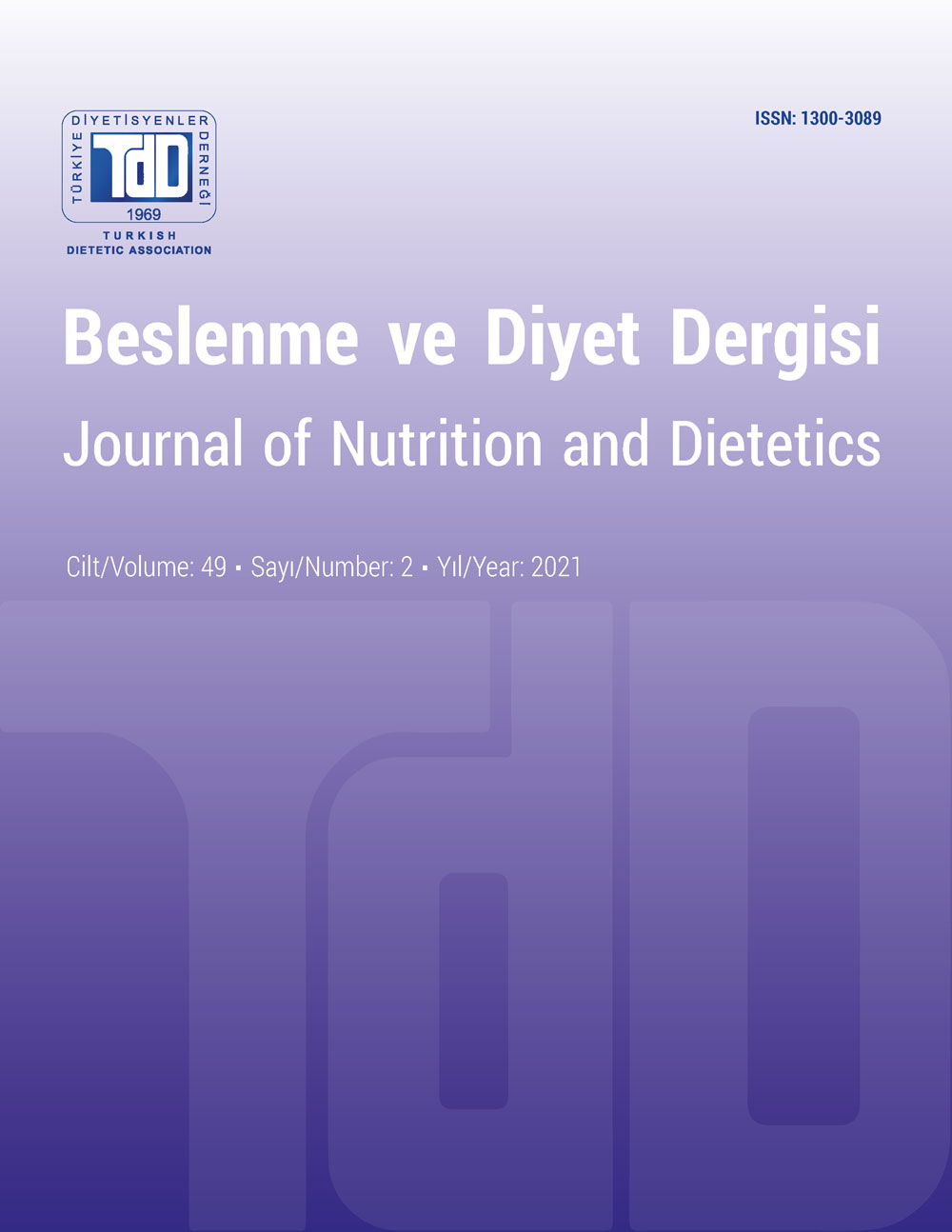The Role of Omega-3 Polyunsaturated Fatty Acids in Weight Management
DOI:
https://doi.org/10.33076/2021.BDD.1476Keywords:
Obesity, omega-3, weight lossAbstract
Obesity is defined as abnormal or excessive fat accumulation in the body and is considered a pandemic disease. Obesity, which causes many metabolic diseases, also increases the health costs of countries seriously. It is seen that permanent treatment is essential when approached holistically. The combination of medical nutrition therapy, exercise, and behavior modification is known to be the most effective treatment method. In addition to these methods, omega-3 polyunsaturated fatty acids are thought to be effective on weight loss. Since linoleic acid and α-linolenic acid synthesis cannot be performed in the human body, they must be provided with foods. In particular, it is suggested that omega-3 polyunsaturated fatty acids such as eicosapentaenoic acid (EPA) and docosahexaenoic acid (DHA) may affect weight loss through different metabolic changes. However, these effects of omega-3 polyunsaturated fatty acids are still unclear when the researches are examined. The purpose of this review article is to present current information about the role of omega-3 polyunsaturated fatty acids in weight management and their proposed effect mechanisms in the literature.

